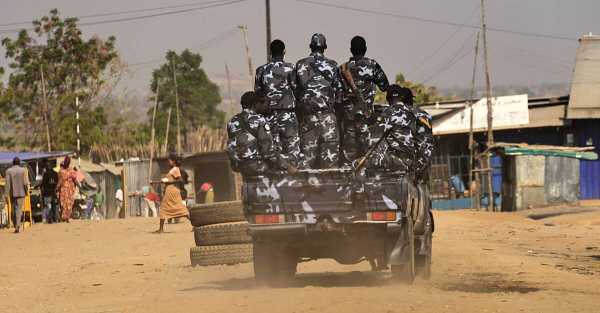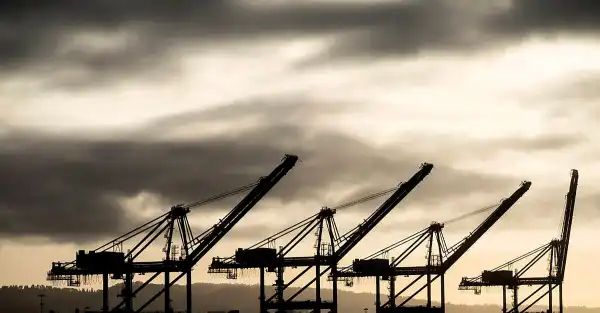
Strengthening and protecting the EU’s external borders has been Europe’s narrative to tackle migration for several years now. But what Europe has never explained is what it actually means by that. In the meantime, the body count in the Mediterranean continues to rise, turning it into a cemetery of innocent people, awash with Brussel’s crocodile tears.
In the case of Greece, we have experienced two scenarios. First is the handling of the migration crisis in 2015, when the then-leftist government did not enforce pushbacks and received millions of refugees.
Europe’s reply was to close Greece’s northern border in the Balkans, essentially isolating migrants and refugees to prevent them from moving to central Europe.
A couple of years later, a conservative government faces smaller migration flows but growing accusations of applying pushbacks. All the while, it gets praise for protecting EU borders.
Although the government in Athens firmly denies any involvement with pushbacks, evidence showing the opposite is piling up, including videos published widely online.
Comparing the two periods, one could conclude that by protecting EU borders, Europe means applying pushbacks but “don’t tell me”, “I don’t want to know,” and “Frontex is not involved”.
Alleged pushback incidents have been condemned by Brussels, which threw the ball to Greece’s court demanding urgent investigations.
But the real question is what Greece should do considering other EU partners’ long-standing reluctance to agree on migration?
The migration pact has been stalled for years. If it was in place today, EU sources confirm that “automated procedures” regarding rescue operations among involved member states could apply easily and therefore, the recent deadly migrant shipwreck – in which more than 400 people are still missing – could have been avoided.
Also read: Anger against EU on the rise after a migrant shipwreck off the Greek coast
On the other hand, we have Poland blocking any EU-wide solution on migration and simultaneously refusing to contribute even with financial means.
“We simplified the formalities to a minimum so that as many Ukrainians as possible could find shelter in our country. We have proved that Poland has open borders for those who really need it,” the Government Information Centre told EURACTIV Poland on Thursday.
Like refugees from third countries trying to flee from violence or even death are not people in “real need”.
(Sarantis Michalopoulos | EURACTIV.com)
Source: euractiv.com



